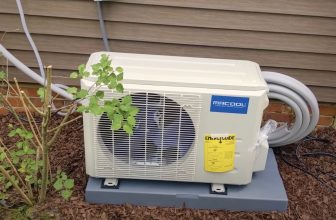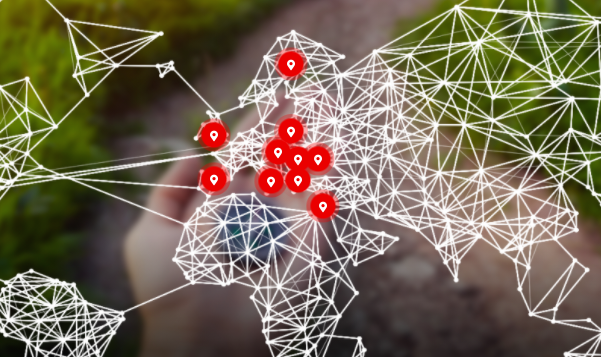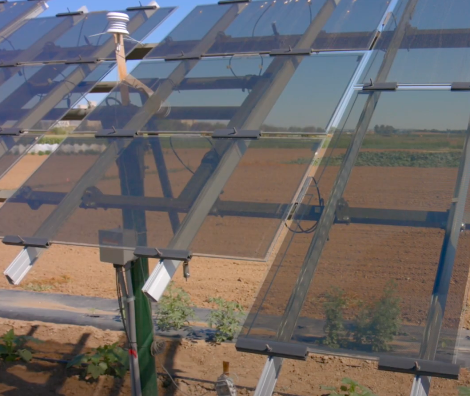Growing fast in Sub-Saharan Africa, South and Southeast Asia, off-grid solar is beginning to take root in Central and South America. A self-described last-mile wholesale solar energy distributor, Solubrite is one of a small, but growing, number of solar-social enterprise startups providing clean, affordable solar energy products and services to rural families and businesses in Central America.
Founded in 2013 by Marc Henrich in the wake of his travels across Nicaragua and Panama, Solubrite has installed more than 10,000 small home PV solar systems in rural homes to date. The solar-social enterprise start-up’s now looking to parlay its success by expanding technologically and geographically.
Solubrite launched a pilot solar home product and service line in its home territory in Panama’s predominantly rural Chiriqui province in 2015. Besides expanding in both Nicaragua and Panama last year, Henrich and company are planning to install another 25,000 systems come 2018, which would convey the benefits of affordable, safe, reliable emissions-free electricity to more than 125,000 families, Henrich explained in an email response to questions.
Bringing Solar Energy Where It’s Needed Most
Chiriqui province is Panama’s agricultural heartland. Members of the typical indigenous Ngable Bugle household (nine members) in Chirqui’s Cerro Iglesias district earn an average $9 per day as subsistence farmers or construction workers, the two main sources of livelihood. Most families lack access to grid power and spend a significant portion of their incomes on DC batteries, which they use to power lights and charge cell phones, Solubrite explains as part of a recently completed Kiva social enterprise loan crowdfunding campaign.

Henrich experienced similar employment and living conditions while traveling through rural Nicaragua. A chance meeting with an American engineer who had built and was distributing a small PV solar lamp powered by a Nokia cell phone battery inspired him to expand on the theme. The experience led to Solubrite’s launch.
“Patrick (the engineer) was convinced of the power of solar products to produce tremendous social and environmental impact. Women particularly were affected – they mentioned feeling more safe and secure at night, they no longer had to travel to charge their cell phone batteries saving them time and money, they enjoyed longer hours of family time in the evenings and the children could continue working on their homework into the night,” Henrich recounted.
As of 2013 Nicaragua was the poorest country in Latin America by GDP and per capita income. More than one-third of the primarily rural populationand (35%) was living without electricity, he continued. During his subsequent travels across Panama, Henrich had a realization.
“Panama City was going through a construction boom, but throughout the rest of the country, and particularly in indigenous areas, many communities were still living in deep poverty with no access to electricity or clean water,” he told Microgrid Media.
Worldwide, it’s estimated that one-third of our population are subsistence/smallholder farmers. If not persecuted outright, they are largely neglected, paid lip service and overrun by economic development plans. That said, they produce about 70 percent of the food we consume globally.
Doing Business by Doing Good

Other pioneering social enterprises, such as Haiti’s Smallholder Farmer’s Alliance (SFA), are successfully employing new, for-profit social enterprise business models to help empower smallholder/subsistence farmers and families economically and socially while at the same time fostering adoption of sustainable agricultural tools and methods that produce local, national and global social and environmental benefits.
Solubrite is helping rural Nicaraguan and Panamanian families advance along the same socioeconomic sustianable development path. It opened for business with two products: the Sun King Pro solar lamp/mobile phone charger and the Sun King Home solar energy startup kit. Imported directly from the manufacturer in China, mobile device, network connectivity and e-payments service activation is embedded in them, Henrich explained. A new off-grid solar home package also includes after-sales service.
The product/service package enables customers to pay for their purchases in small, digestible increments with much greater ease – $80 over six months for the Sun King Pro solar lamp/mobile phone charger and $200 paid over 10 months for the Sun King Home PV solar kit.
Using home solar PV to recharge their mobile devices, enhances home safety, helps avoid environmental pollution and resource degradation and frees up a substantial amount of time for family members to do other things.
Cultivating a Solar Home Culture, and an Enthusiastic Following
In addition to direct sales, Solubrite distributes its products wholesale via retail shops, installers and individual local entrepreneurs. The solar social enterprise company is leveraging their longstanding presence in communities to connect with and reach out to key local stakeholders – cooperatives, microfinance providers, schools and teachers – that, in turn, can spread the word about the company and its home solar energy products.
In March, the company will begin offering a more powerful home PV solar solution that can power an LED TV. Plans are to offer the package at $400 to be paid over a period of 15 months.
“We are being conservative with the financing period as we validate our business model,” Henrich pointed out. “We are a solar energy distribution business, not a financing company. Once we have validated our model, we plan to bring on board a financing partner,” Henrich said.
More than 700 Solubrite customer accounts have been activated. Henrich and company expect the new product and service line will be the company’s main revenue generator by 2018.
“By offering these new products, Solubrite is able to access a much larger market share which currently can’t afford the high upfront cost of quality solar products,” he wrote.





